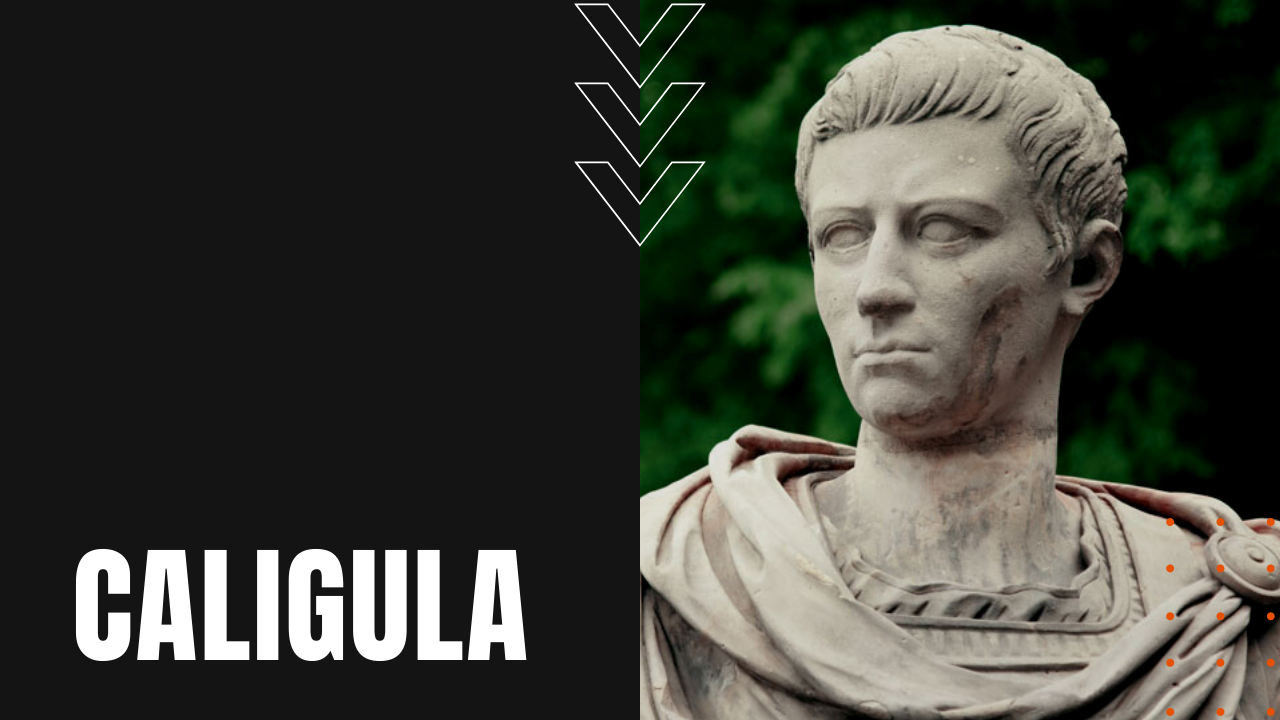Caligula: The Erratic Roman Emperor With Sadistic Tendencies

Born Gaius Julius Caesar Germanicus in 12 A.D., Caligula spent his early years growing up at his father’s military post near the Rhine, where he gained the nickname Caligula or “Little Boot,” in reference to his miniature military uniform that matched his high-ranking father’s.
After his father passed away in 17 A.D., Caligula was adopted by Emperor Tiberius due to familial bonds, gleefully indulging his great-nephew’s worst habits, commenting at one point that he was “nursing a viper in Rome’s bosom.”
After Tiberius died in 37 A.D., Caligula’s Praetorian ally Marco arranged for Caligula to be crowned emperor, only to be put to death a year later by Caligula’s own commandment. Not quite 25, at first Caligula was welcomed in Rome for his political reforms and public building projects.
The Mentally Ill Emperor
In October of 37 A.D., a serious illness unhinged his mind, setting off a myriad of strange actions and behaviors, such as the requisition of hundreds of Roman merchant ships, who built a two-mile floating bridge across the Bay of Bauli, so that Caligula could spend two days riding his beloved horse Incitatus back and force over the waterway.
In 39 and 40 A.D., Caligula led military campaigns to the Rhine and the English Channel, but instead of engaging enemy forces in battle, he commanded his troops to “plunder the sea” by filling their helmets with seashells. Caligula also proved quite ruthless with his subjects, reminding them that “I have the right to do anything to anybody.”
He took great pleasure in tormenting senators by making them run for miles in front of his chariot, while his less than subtle affairs with the wives of his allies led to deeply-felt resentments. Caligula literarily wallowed in luxury, rolling around in piles of money or drinking precious pearls dissolved in vinegar, not to mention cross dressing in women’s clothing while making terrifying facial expressions in front of a mirror.
Romans finally had enough of Caligula when his excesses repeatedly drained the Roman treasury faster than taxes could replenish funding, leading to a conspiracy between the Senate, the equestrian order and the Praetorian Guard. Along with his wife and daughter, Caligula was stabbed to death in January of 41 A.D., leading his biographer Cassius Dio to note that Caligula “learned by actual experience that he was not a god.” And there you have it, Caligula, the mad emperor of Rome, today on The Daily Dose.
